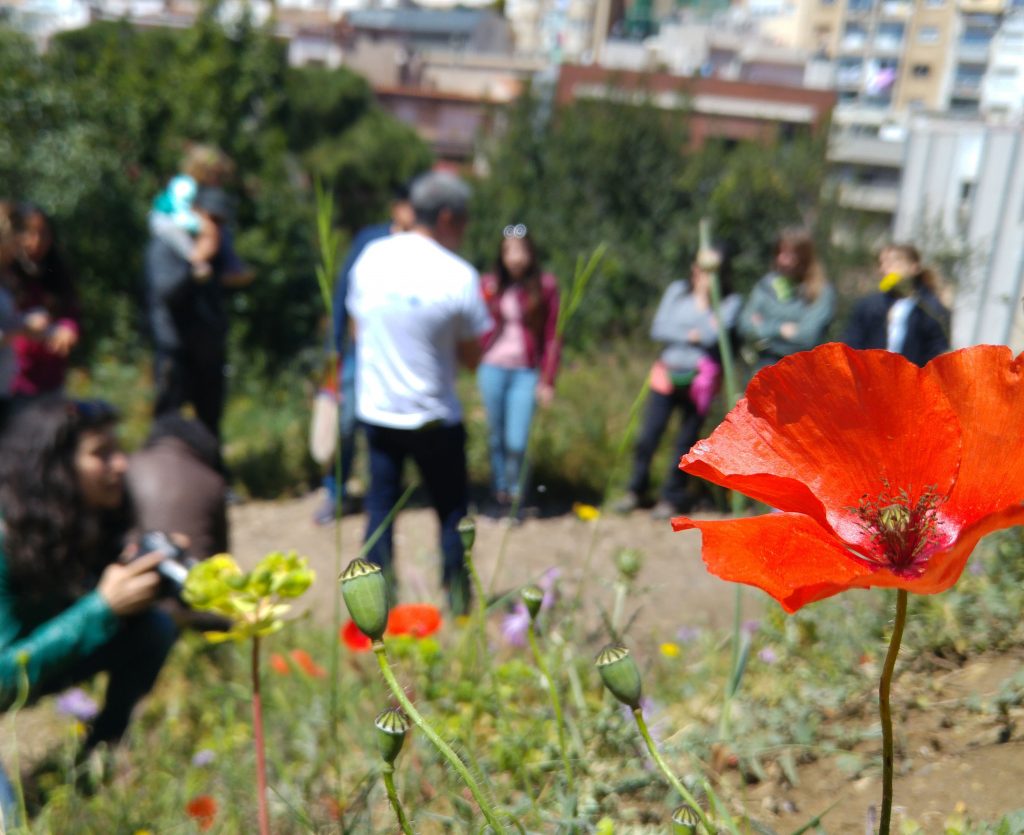Citizen science, also known as participatory science, creates a bridge between science and society that, when coupled with emerging technologies, expands the frontiers of research and public engagement.
The past two decades of activity in citizen science, and thanks to the development of new technologies, has resulted in a huge range of approaches, tools, resources, projects and impacts in all fields of science. There are all sorts of citizen science projects, from monitoring nature and the environment to tracking human diseases.

Citizen observatories
The citizen science infrastructures in Europe take the name of citizen observatories. The name comes out of the world of earth observations data.
According to We Observe citizen observatories are community-based environmental monitoring and information systems, that invite individuals to share observations. Citizen observatories are characterized by:
- Participation of citizens in environmental monitoring and governance
- A bi-directional flow data information
- Citizen-generated observations 'in situ'
- The use of modern mobile and web technologies
Citizen science refers to general public’s engagement in scientific research activities when citizens actively contribute to science either with their intellectual effort or surrounding knowledge or with their tools and resources. Participants provide experimental data and facilities for researchers, raise new questions and co-create a new scientific culture (...).
According to the definition in the European Green Paper
A bridge between science and society
According to the definition in the European Green Paper, citizen science refers to general public’s engagement in scientific research activities when citizens actively contribute to science either with their intellectual effort or surrounding knowledge or with their tools and resources.
Participants provide experimental data and facilities for researchers, raise new questions and co-create a new scientific culture.
While adding value, volunteers acquire new learning and skills, and a deeper understanding of the scientific work in an appealing and didactic way.
As a result of this open, networked, trans-disciplinary scenario, science-society-policy interactions are improved, leading to more democratic research based on evidence-informed decision making.

Citizen science refers to general public’s engagement in scientific research activities when citizens actively contribute to science either with their intellectual effort or surrounding knowledge or with their tools and resources. Participants provide experimental data and facilities for researchers, raise new questions and co-create a new scientific culture (...).
According to the definition in the European Green Paper

Cos4Cloud innovation
The current exponential expansion of participants, data and research that derive from citizen science, poses large-scale challenges for citizen observatories, which must facilitate:
- Efficient capture, identification and validation of data
- Interaction among participants based on a model that allows for the transfer of knowledge
- Stewardship and storage of large volumes of data in different formats, such as photos, audio and camera-trap images
- Interoperability on a local, regional and global level that makes it possible to scale the impact of the data, overcoming the geographic, thematic or even linguistic barriers to doing research.
- On top of that, a significant number of observatories are based on open models, in some cases led by civil society, which pose long-term sustainability challenges with the difficulty of obtaining resources to develop functionalities based on cutting-edge technologies.
Within this framework, the Cos4Cloud project will address these technological challenges. The key of its success will be partnerships and mobilization across geographies, sectors and research domains.
What are the achievements of
the citizen observatories in Cos4Cloud?
Find out more about the project
Citizen observatories
Focused on biodiversity and environment
Events
Webinars, conferences, science cafes and much more!
Services
To boost citizen science technologies
Citizen science refers to general public’s engagement in scientific research activities when citizens actively contribute to science either with their intellectual effort or surrounding knowledge or with their tools and resources. Participants provide experimental data and facilities for researchers, raise new questions and co-create a new scientific culture (...).
According to the definition in the European Green Paper
Types of citizen science projects
Collect Data
Projects in which the participants help mainly to collect data and disseminate the results
Co-designed projects
Co-designed projects involve citizens in the definition of the citizen observatory by the very beginning: the formulate the questions the want to answer, develop the hypothesis and discuss the results
Collaborative projects
Collaborative projects in which citizens are more involved as they analyze the data, evaluate it and formulate conclusions
Citizen science impact
SCIENCE
Reduce monitoring costs (cost- effective solutions)
Support open science
Scientific research improvement by accessing to a free source of data
Create a bridge between citizens and science
SOCIETY
Understanding of core environmental and sustainability concepts and awareness about current biodiversity-related issues
Create personalized projects for environmental or biodiversity monitoring (e.g. alien species)
Contribute to scientific research
EDUCATION
Scientific knowledge and understanding among students of all educational levels
Awareness and skills in designing and conducting scientific research
ENVIRONMENTAL GOVERNANCE
Strengthen European citizen action for environmental protection
Empower citizens in decision-making processes
Monitor the Sustainable development Goals (SDGs) in an easier way


















